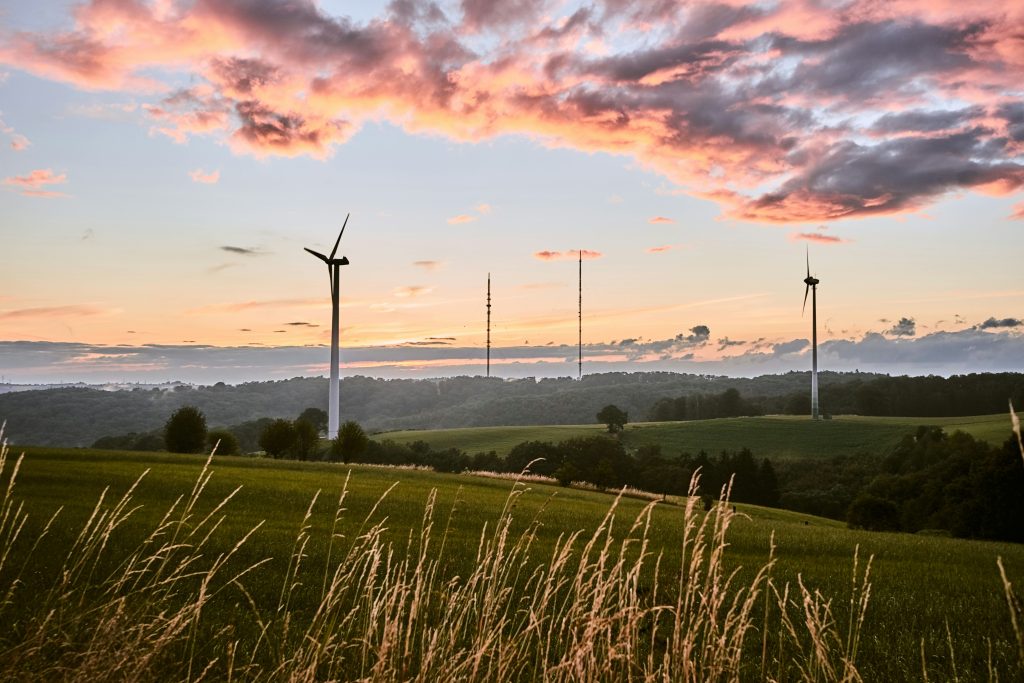[FR] Meeting Europe’s energy and climate challenge: proposals from 5 think tanks

The need for energy transition and the fight against climate change is becoming more pressing every day. The European elections in May 2019 are therefore a crucial milestone. Almost four years after the signing of the Paris Climate Agreement, the European Union must quickly raise its ambition in the fight against climate change if it wishes to maintain its leadership role on climate issues and encourage other countries around the world to do the same. If we are to limit climate change to +1.5°C or +2°C, much remains to be done, and action at EU level is essential: transforming the financial system, international trade rules and industry, and establishing standards for low-carbon technologies are all challenges that must be addressed at continental level if we are to change the course of our global destiny.
The European Union is not starting from scratch. It is on track to meet its greenhouse gas emission reduction targets for 2020. It plays a decisive role on the international stage and has set itself significant climate targets: ambitious when compared to other regions of the world, but insufficient for the time being given the scale of the task ahead. The path has been laid out in the ‘Strategic Vision’ published in November 2018 by the European Commission: to achieve carbon neutrality by 2050 across the Union (i.e. minimising greenhouse gas emissions and offsetting residual emissions by capturing the same amount of emissions). Achieving this requires accelerating the transformation of all sectors of the economy, including construction, transport, industry, energy production and agriculture.
As the objectives and, with them, the scale of the transformations to be carried out increase, new challenges are emerging. The levers for reducing emissions used to date (such as launching the development of renewable electrical energy) were also the simplest and most acceptable. Today, the EU faces politically more difficult choices.
The necessary conversion of economic sectors that are heavy consumers of fossil fuels highlights social as well as territorial issues. The effects of policies promoting ecological transition, whose costs and benefits are not necessarily distributed equitably, highlight persistent social inequalities. The asymmetry of treatment between economic sectors, or between industries and households, can be criticised and fuel rejection of transition policies that are nevertheless necessary to preserve the climate and improve the well-being of European citizens and future generations. The lack of European harmonisation must not be used as an excuse for inaction. Through concerted action, the EU can unlock the changes that are essential for the transition to carbon-free electricity production, cleaner transport (air transport taxation and rail and charging infrastructure interconnections), the integration of climate into trade policy, and the reorientation of financial flows from “brown” to “green” investments.
The energy transition also raises questions about the ability of European institutions to address the most concrete concerns of citizens: can they help them reduce their carbon footprint in their daily lives, travel and heat their homes differently, while putting an end to energy poverty? Can the European Union, with its major infrastructure projects, structural funds, European Investment Bank (EIB), etc., become the channel for financing energy-efficient housing renovation and carbon-free everyday mobility?
The lack of coordination between national energy policies in an energy system that is physically and economically interconnected also starkly highlights the ongoing debate on the relationship between European, national and local policies. Without coordinated efforts, the cost of the energy transition and the risks to security of supply can only increase.
The energy transition also poses the challenge of aligning the trajectory of the energy system with that of the agricultural sector and land use, where biodiversity and soil health issues must be integrated alongside climate preservation issues.
Finally, the climate challenge raises questions about Europe’s place in the world: can it lead by example for other countries and regions, or should it adopt a firmer stance on access to its common market, at the risk of triggering potentially counterproductive protectionist measures?
The climate and energy challenge thus echoes the fundamental debates at the heart of the European project. To respond to these challenges, our think tanks have joined forces to identify concrete proposals, each in a key area of action: the governance of European energy and climate policy, the greening of European finance and the budget, instruments for social justice and innovation, trade policy and, finally, the decarbonisation of the electricity sector. We believe that urgent action is needed: in order to avoid being locked into choices that are incompatible with climate and environmental protection and to rise to the challenges, the 2019-2024 European term of office must drive profound and irreversible change. We must now act decisively and without delay, using all the levers at our disposal!




